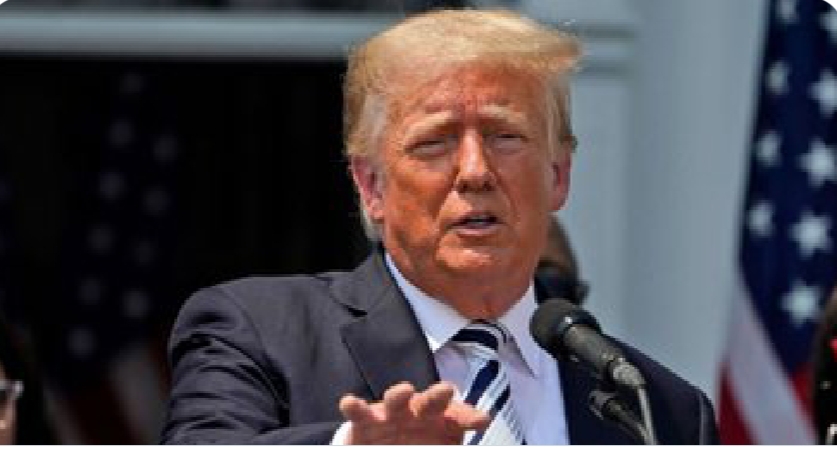
Washington, D.C. — President-elect Donald Trump has formally requested the U.S. Supreme Court to postpone the nationwide TikTok ban, currently set to take effect on January 19, just one day before his inauguration. The petition, filed by Trump’s legal team on Friday, emphasizes his intention to address the issue through a political solution once he assumes office.
In the legal brief, Trump’s lawyer argued that the president-elect “opposes banning TikTok” and seeks to resolve the dispute “through political means.” This marks a shift from his previous stance supporting a ban during his first term.
The ban stems from legislation passed in April by Congress and signed into law by President Joe Biden. The law mandates that TikTok’s Chinese parent company, ByteDance, divest its U.S. operations or face a nationwide ban. U.S. officials and lawmakers have cited national security concerns, alleging TikTok’s ties to the Chinese government—a claim the company has consistently denied. TikTok has a massive user base in the U.S., with over 170 million active users.
The Supreme Court is set to hear arguments on January 10 regarding the legality of the law. ByteDance and TikTok have filed multiple legal challenges, arguing that the legislation violates American free speech rights, but these efforts have largely been unsuccessful. A recent federal appeals court upheld the law, describing it as the result of “extensive, bipartisan action by Congress and successive presidents.”
In his filing, Trump described the case as presenting “an unprecedented, novel, and difficult tension between free-speech rights on one side, and foreign policy and national security concerns on the other.” While Trump did not take a position on the law’s merits, he urged the court to delay the enforcement deadline to provide his incoming administration with time to negotiate a political resolution.
The U.S. Justice Department and a coalition of state attorneys general, led by Montana’s Austin Knudsen, have defended the legislation, arguing that TikTok’s Chinese ownership poses significant national security risks.
Trump’s latest position has raised eyebrows, particularly after he recently remarked, “I have a warm spot in my heart for TikTok, because I won youth by 34 points.” However, official data indicates that most young voters supported his opponent, Vice President Kamala Harris.
The Supreme Court’s decision on January 10 will be pivotal, as it could determine TikTok’s fate in the United States just days before the ban is scheduled to take effect. Meanwhile, Trump’s call for a delay signals a shift in the approach to resolving the controversy surrounding the popular social media platform.

